Ticks are parasites you don’t want to have around because they transmit harmful diseases. If you grow chickens, you’ll notice a reduction in the number of ticks around you because chickens munch on ticks. However, you shouldn’t rely on that for dealing with ticks. Instead, you should look for chemical ways to exterminate them.
This article will cover
- Do Chickens Eat Ticks?
- The Effects of Ticks On Your Chickens
- Ticks Can Transmit Diseases To You Through Your Chickens
- 4 Ways To Protect Your Chickens From Ticks
- 5 Other Insects Chickens Eat
Do Chickens Eat Ticks?
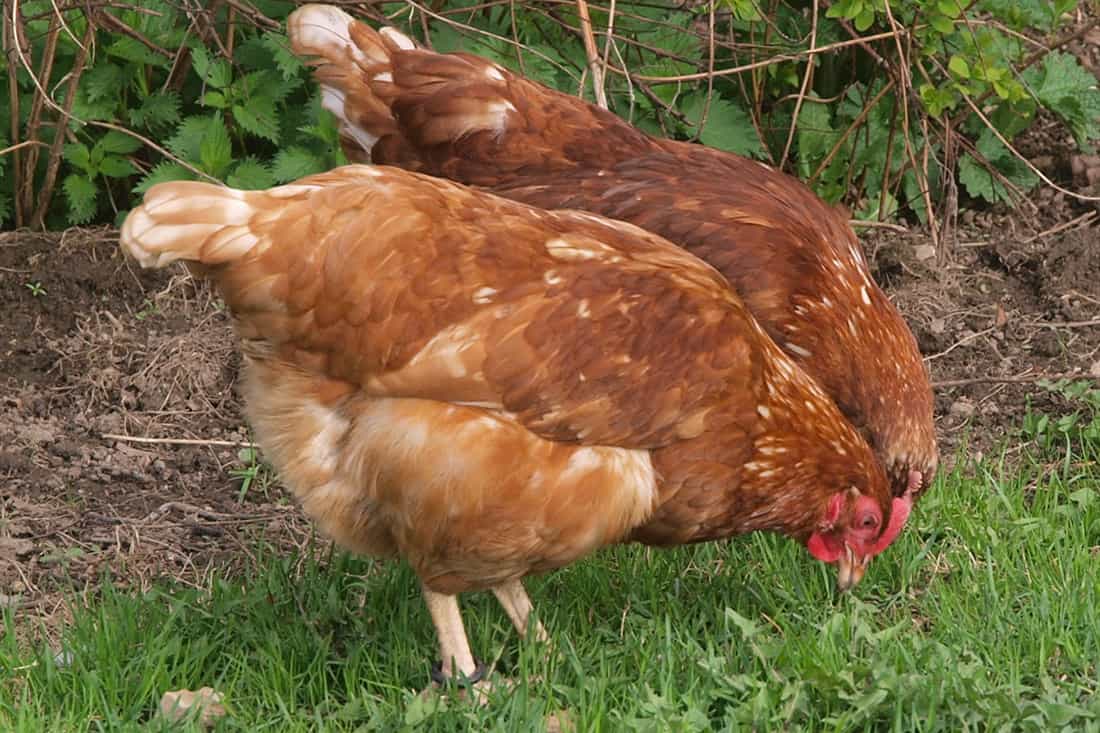
Typically, chickens munch on anything they find, including ticks. However, they don’t eat much of them, except there’s no other food. This only happens when you allow your chicken to forage for insects and not coop them up.
If you intend to use your chickens for tick control, you should go for breeds naturally good at foraging, such as Golden Comet, Jersey Giant, etc. Besides, if there are many ticks on your property, you have to be strategic about your chickens’ location so that they can eat as many of the ticks as possible.
However, even though chickens are happy to munch on ticks and other insects, they aren’t immune to ticks. Ticks may hitch onto your chickens and cause them harm. Sometimes, you can get ticks from your chickens and pass them to your family members. As such, it isn’t reliable to use your chickens as means of tick control on your property.
Fowl Ticks
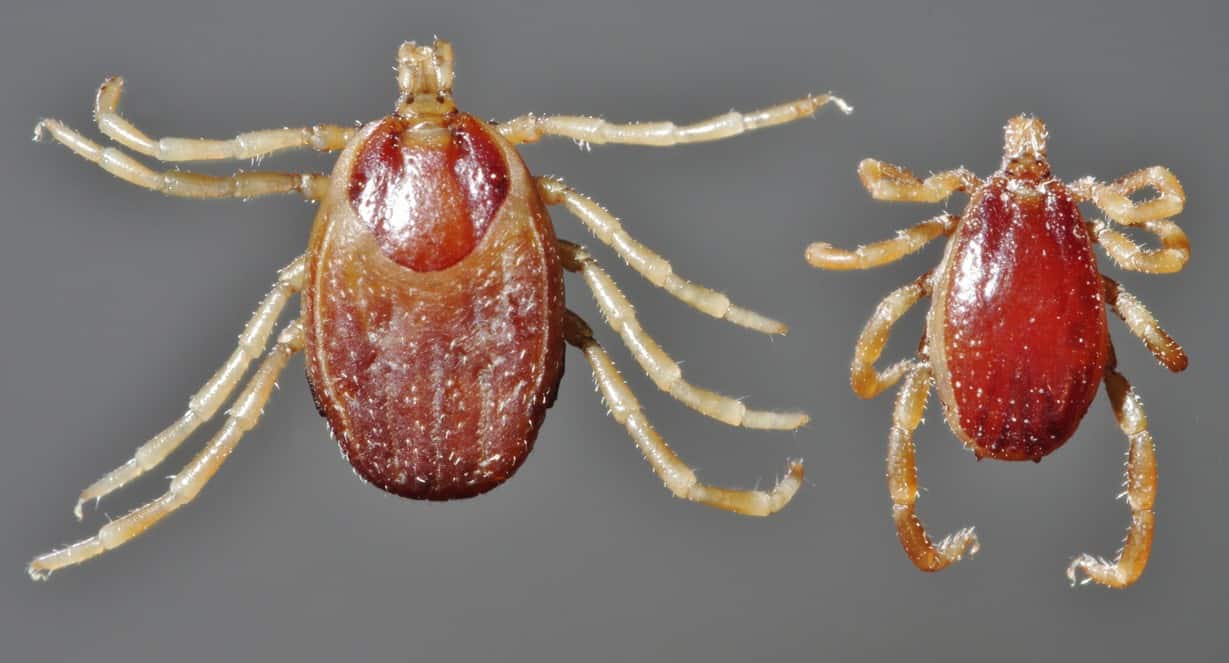
These ticks have wrinkled skin and are red-brown, with light and dark variations. They live in chicken coops and hide near your flock. As such, it’s difficult to find and remove them. If your chickens don’t eat these fowl ticks, they might get infected.
Fowl ticks transmit dangerous diseases to animals and people. If they infest your chickens’ homes, they’ll negatively impact egg production. For instance, the quality and number of eggs your chickens produce will reduce. Also, your chickens will likely lose weight or become depressed.
To know if fowl ticks have bitten your chickens, check for blood spots on their bodies. Once you detect these signs, endeavor to treat your chickens as soon as possible. Also, be careful with how you carry and pet your chickens. You might contract these ticks from them. They can infest your home and even attempt to feed on you.
Ensure you keep your chicken coops clean to prevent fowl ticks from infesting them. Also, fowl ticks can live long without sucking blood, so you don’t have to completely remove your chickens from their coops to get rid of ticks. You can use chemical methods to get rid of them.
The Effects of Ticks On Your Chickens
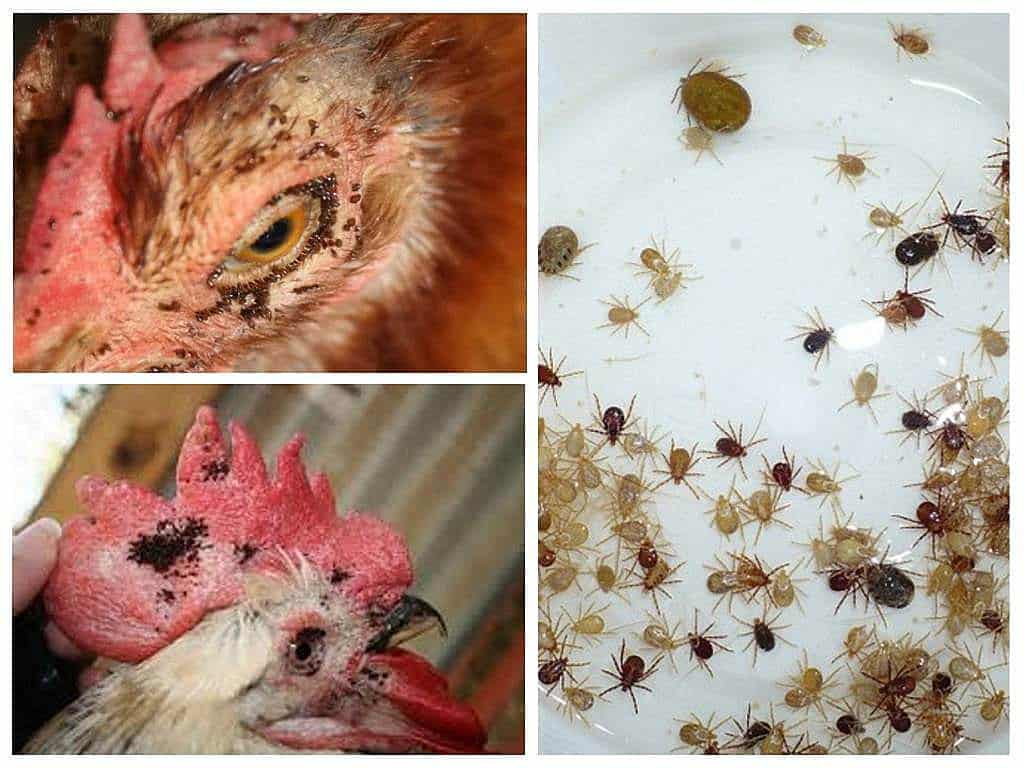
Loss of coordination
Ticks are external parasites that affect poultry and other livestock. One of the signs that they live on your chickens is that your chickens lose their sense of balance and coordination. For instance, there might be some changes in their walking mode. Also, they’ll get restless and easily irritated with no specific cause for such irrigation insight.
Feather quality
Another effect of ticks on your chickens is a decrease in their feather quality. Usually, healthy chickens have strong feathers. However, once you start to notice that your chickens’ feathers are dropping or coming off them when it’s not necessary, it’s a sign that ticks are around.
Watery droppings
You shouldn’t ignore any changes you detect in the appearance of your chickens’ droppings. The droppings of healthy chickens are fairly solid with some brown shades and fluffy white. If it is watery or of another color instead, then you need to treat your chickens.
Ticks Can Transmit Diseases To You Through Your Chickens
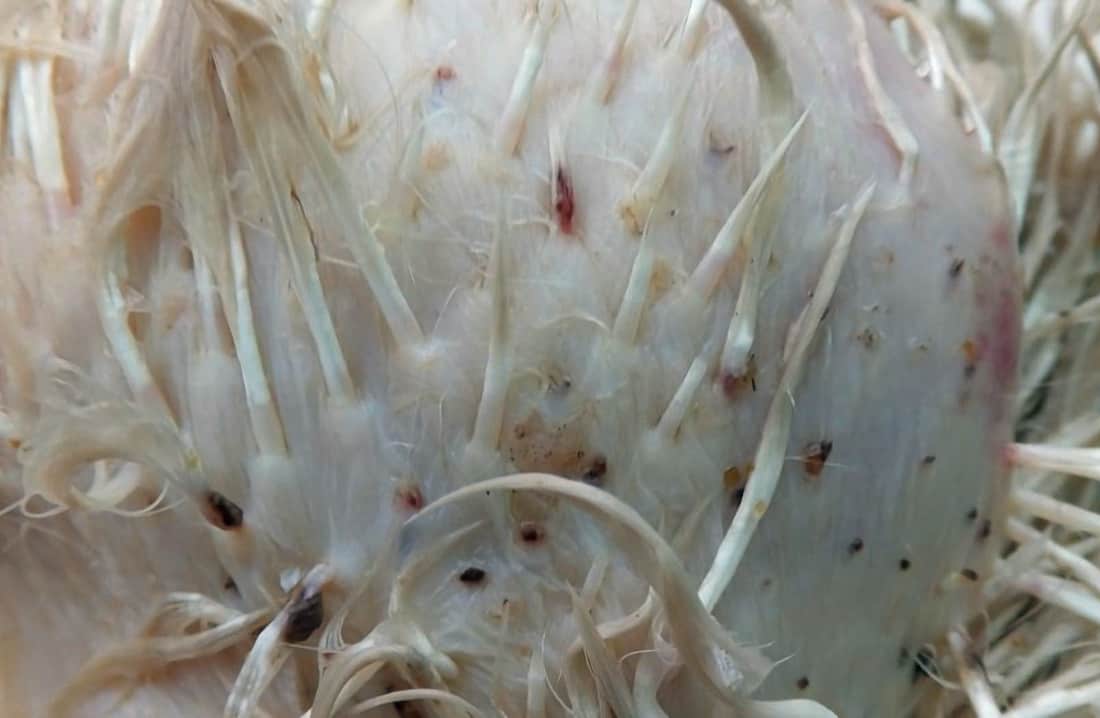
Ticks are tiny bugs that live on blood. They look like spiders and are very small in size. They are reddish-brown, but when they become filled with blood, they become greenish-blue. They like to attach themselves to the moist areas of the body, such as the hair, and only detach themselves when they are filled.
You’re likely to find blisters, burning sensations, swelling, etc., where ticks bite you. On your chickens, you’ll see blood stains and blisters. Ticks can transmit diseases to you through your chickens. Some of them include:
Lyme Disease
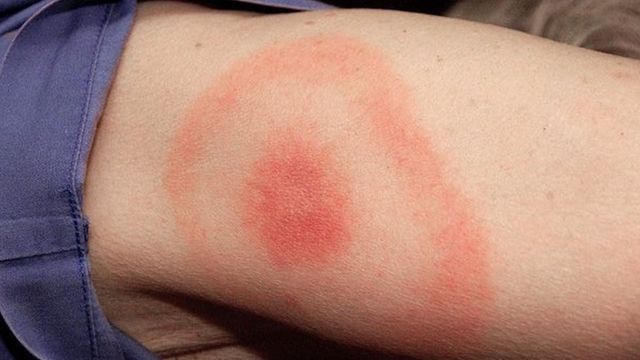
Lyme disease affects both humans and chickens. In humans, symptoms include dizziness, swelling, difficulty in breathing, numbness, etc. For chickens, they become dizzy with swelling on their body.
Rocky Mountain Spotted Fever

This is a fatal illness caused by ticks. If you contract this fever, you’ll experience a lot of vomiting and stomach pain. Besides, your blood vessels are at risk.
Babesiosis
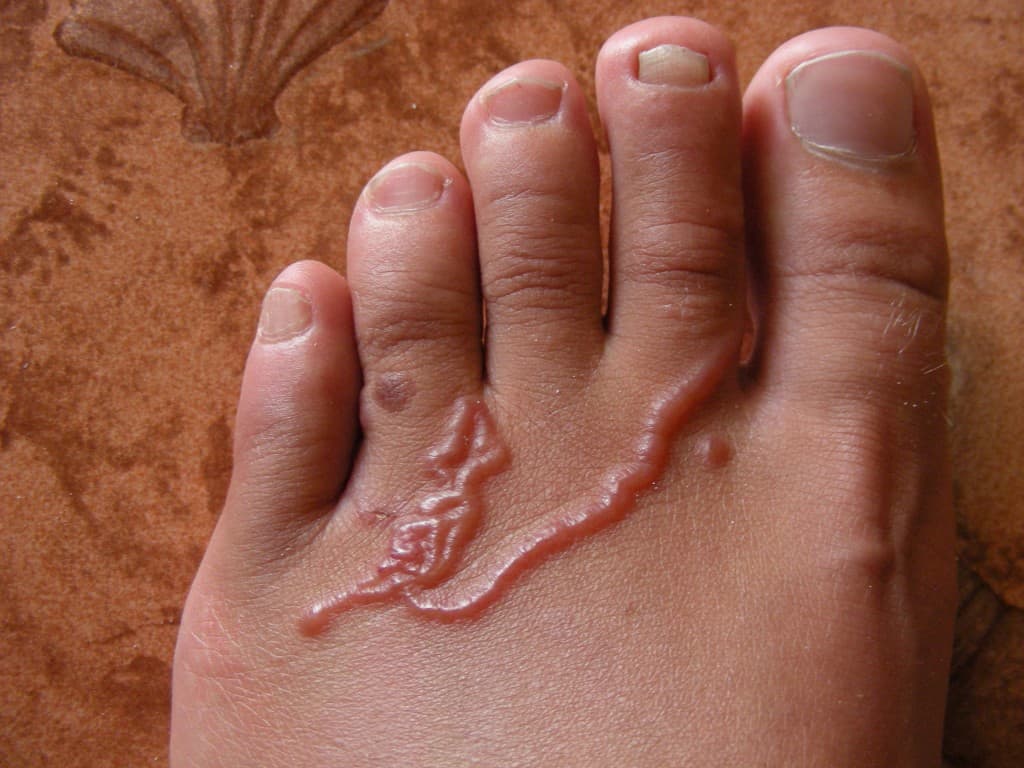
The symptoms are similar to those of malaria; as such, it’s easy to mistake the illness for malaria. Symptoms include high fever, chest pain, frequent colds, headache, etc. It is so fatal that it can be devastating to people who don’t have a robust immune system.
4 Ways To Protect Your Chickens From Ticks
You shouldn’t allow ticks to stay around your chickens for so long. Tick infections are dangerous and will only waste all your efforts in ensuring you raise your chickens well. You must take the necessary steps to protect your chickens from ticks.
1. Put feed and treats on a raised platform
Putting feed and treats on the ground for your chickens to eat increases their chances of getting ticks on their bodies. There are various feeders you can use. As much as possible, try to avoid your chickens coming in contact with the bare ground except when walking or standing.
2. Regular cleaning and maintenance
Parasites are usually attracted by dirt. If your chickens’ homes aren’t clean, parasites will infest them in no time. Change the beddings, disinfect everywhere periodically.
Look out for damages and repair them as soon as possible. Change the entire coop if necessary. Seal the holes of any wooden part with paint and block every hole. Don’t wait till your chickens get infected before you take the essential steps.
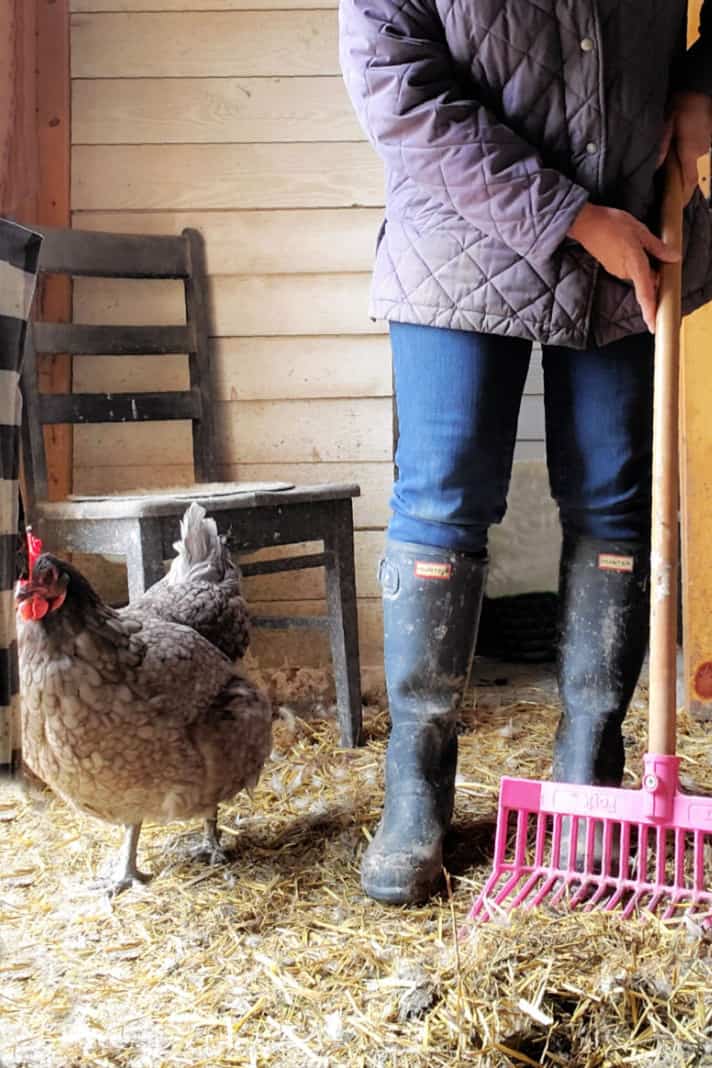
3. Be careful with introducing new chickens to the flock
You can introduce ticks into your chicken coops by mixing infected chickens with your flock. Before you put new chickens with the old ones, quarantine them for a couple of weeks to see if they’re healthy or not.
Inspect their bodies and droppings for signs of parasites. You can subject them to treatment as well. If you’re unsure about the state of the health of the new chickens, don’t add them to your flock.
4. Use pesticide
Ticks are quite challenging to control when they take over a property. You’ll find them in almost every crevice. When you detect that ticks are on your property, find out where they are hiding and wash them out.
Apply pesticides to the spot regularly until you’re sure they’re no longer there. If ticks are attached to your chickens’ bodies, use tweezers to remove them and apply antibiotic ointment afterward.
Do all you can to get them out of your yard. If you’re applying the chemical spray to the chicken coop, ensure it’s not dangerous to the chickens. If possible, move out the chickens before you spray their coop.
5 Other Insects Chickens Eat
Chickens will eat anything they can get into their mouths, including insects. They’re opportunistic eaters, especially when they’re allowed to forage. They will snatch flying insects in their mouths and dig the ground for bugs. Below are some other insects chickens eat.
Potato beetles
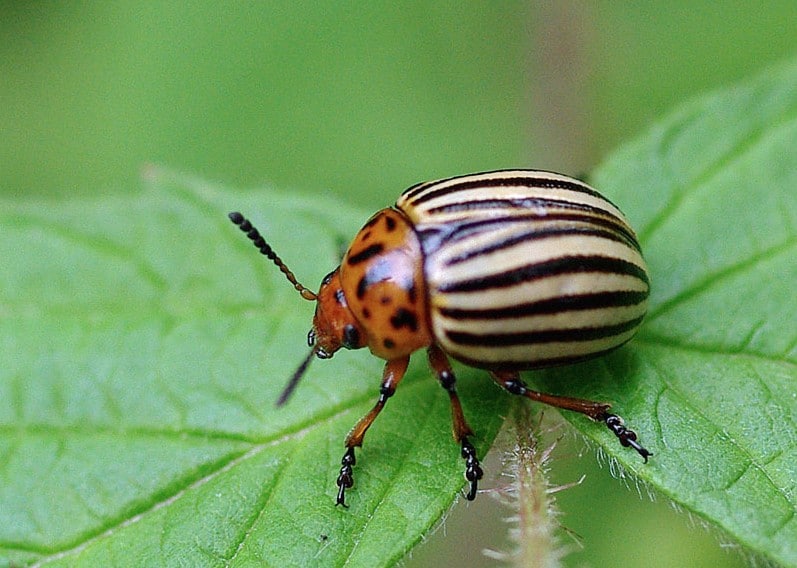
Potato beetles are pests that will eat almost every plant in your garden, from tomatoes to eggplants. They’re very common in human communities and will devour every plant they get on if care isn’t taken. However, with chickens in your backyard, you don’t have to worry about potato beetles. Your chickens will eat them for you.
Flies
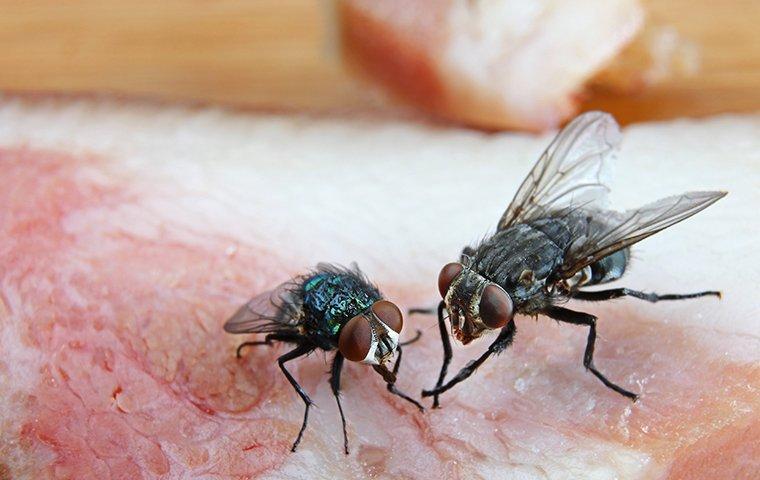
You don’t want to have flies on your property. They spread diseases, as they often feed on dirt, manure, etc. If your property is infested with house flies, you might not be able to keep your food from getting contaminated. Everything about them causes health issues. However, chickens are a reasonable control for flies. They eat them whenever they can.
Slugs
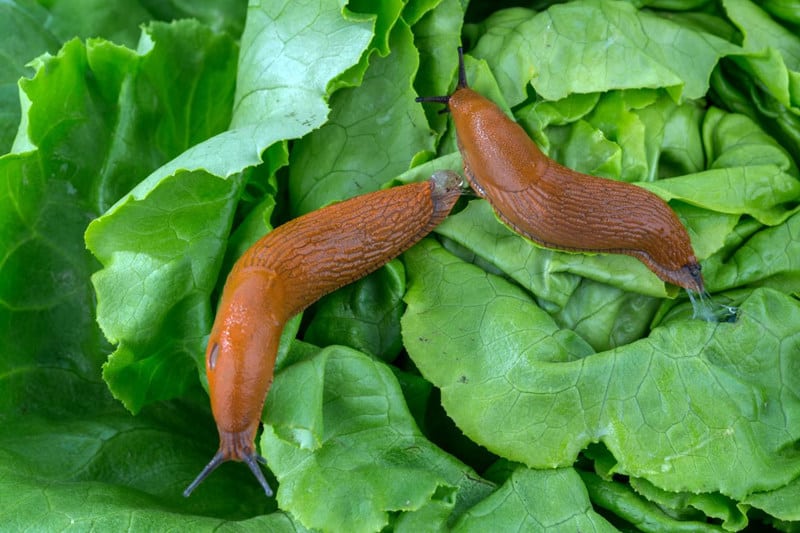
Slugs are pests that bore holes into garden plants and sometimes eat the seedlings. They don’t harm people; however, you can’t successfully grow a garden in a place infested with slugs. They hide in places where moisture is available. Their soft bodies make them a good snack for chickens.
Grasshoppers
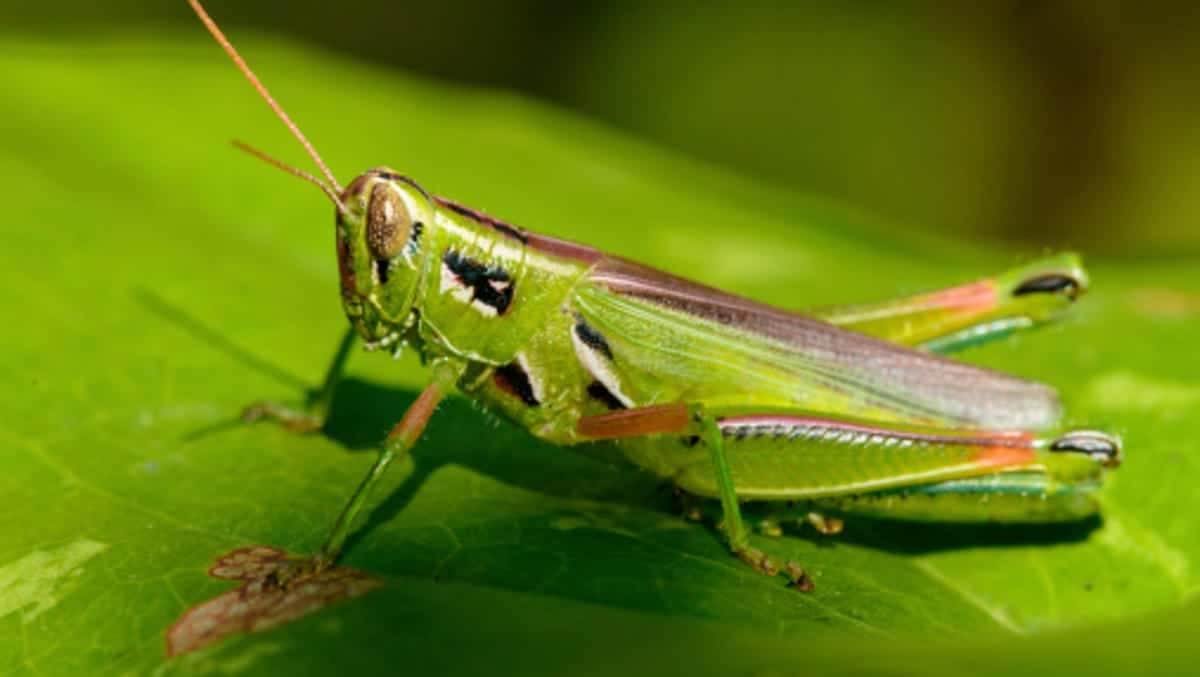
Grasshoppers can become a severe headache if they’re present in their large numbers. They feed on plant stems; as such, you can’t successfully grow plants where there are grasshoppers. However, if you’re homesteading, you can rest assured that your chickens will eat any grasshopper they find.
Termites
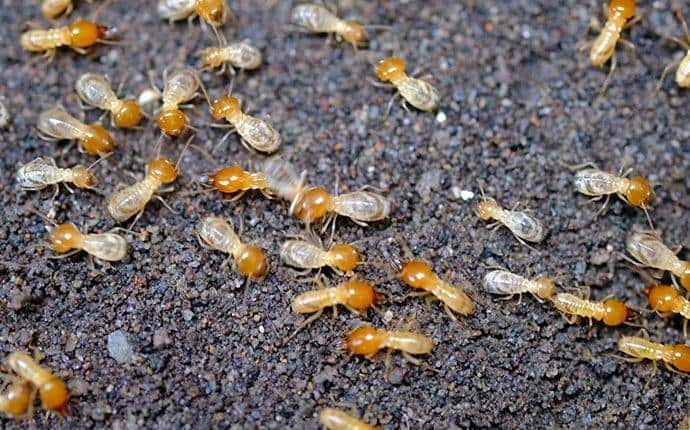
You don’t want your home to get infested by termites. Their work isn’t visible as they often eat into the structure of a home. For instance, they can eat the wood of your house without you knowing. By the time you realize it, the damage would have become extensive and expensive. Even though they’re difficult to eradicate, chickens can feast on them before they cause any harm.
Larvae
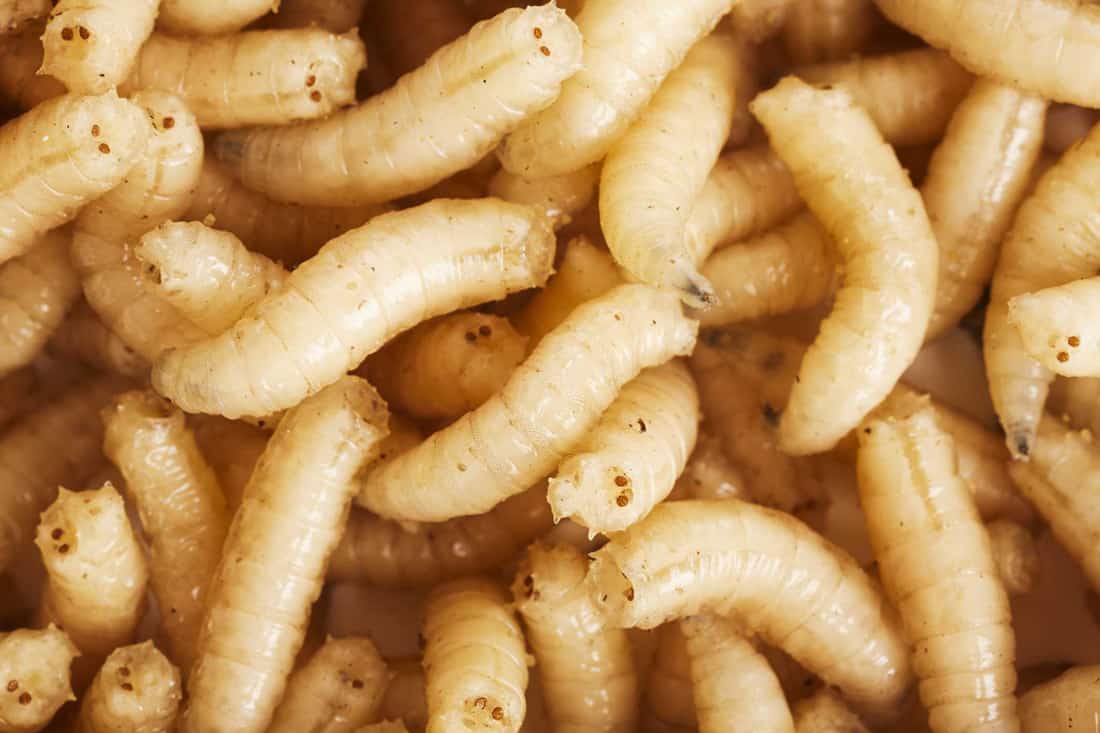
Maggots are great sources of protein, and chickens find them tasty. Chickens are opportunistic eaters and will peck at maggots wherever they see them. To supplement the protein you give your chickens, you can raise maggots for them to eat or buy from reliable stores around you.
Summary
Chickens eat ticks and any other insects they find around. However, these insects aren’t enough to serve as their diet. Also, you have to be careful with letting your chickens eat ticks. The ticks can attach themselves to the chickens in the process and cause them harm. It’s best you deal with tick infestation using other methods.
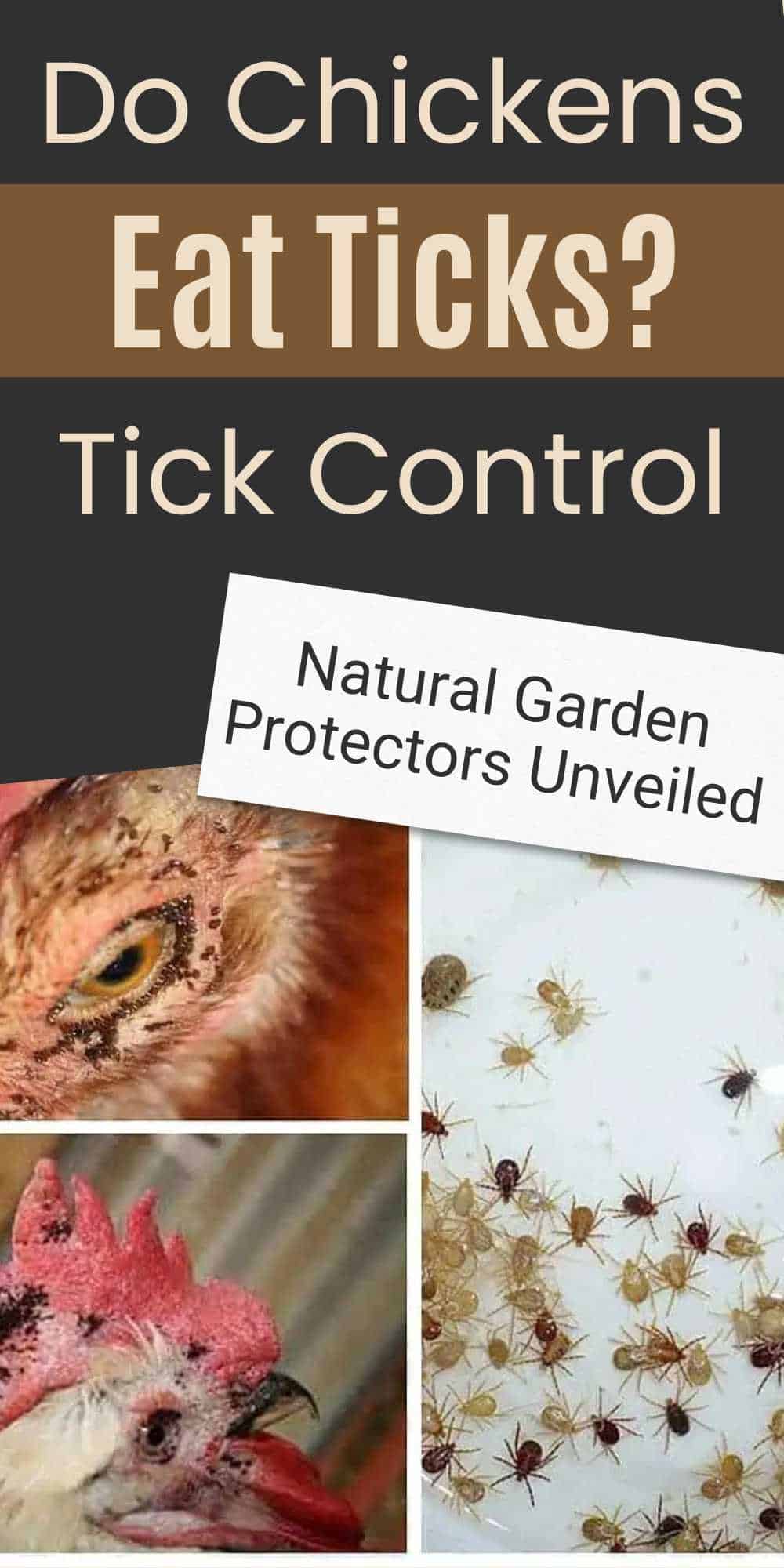

Joseph Hudson has been raising chickens for over 15 years. In 2018, he completed the Agriculture & Natural Resources program at Mt. San Antonio College. He currently raises over 1400 chickens on his 7.5-hectare farm. He keeps sharing his experience on raising healthy and happy chickens on Chicken Scratch The Foundry.







